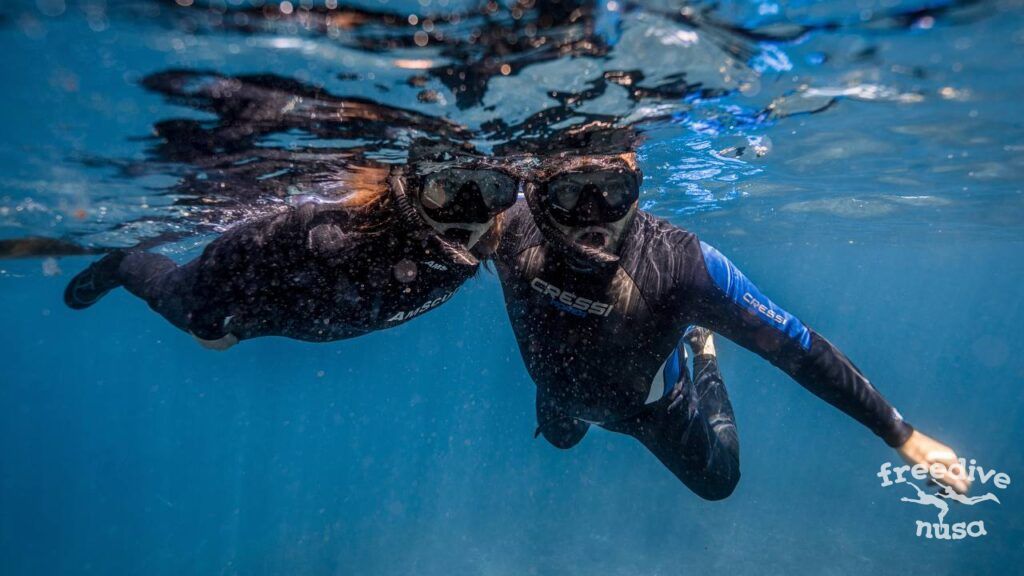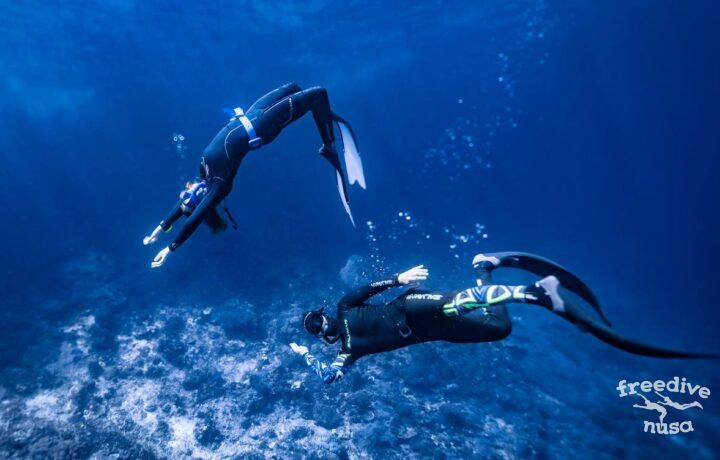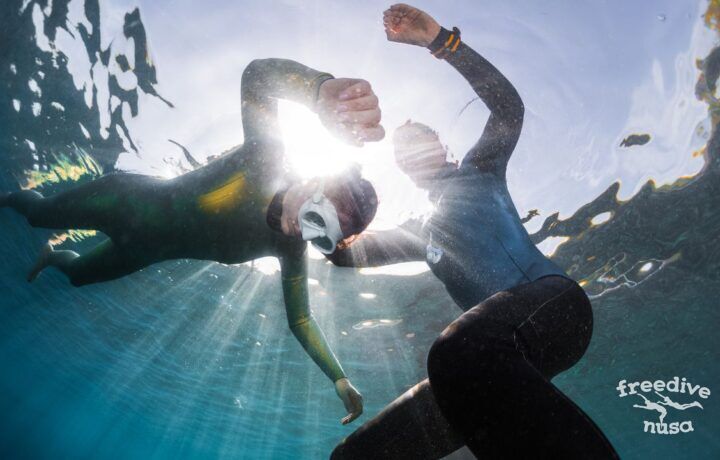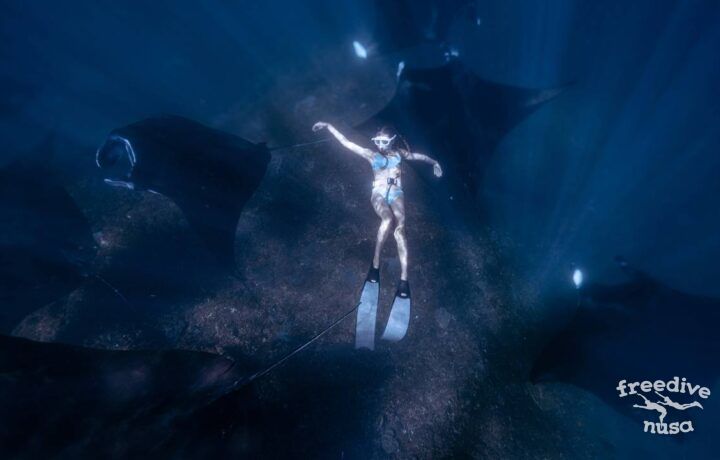The underwater world has always been a source of fascination and wonder for humankind, a realm brimming with mystery, beauty, and unparalleled adventure. For those drawn to its depths, two captivating paths await: scuba diving and freediving. While both offer a ticket to the underwater universe, their methods and the experiences they provide are as distinct as the ocean’s countless hues, each appealing to different explorers seeking their own kind of connection with the deep.
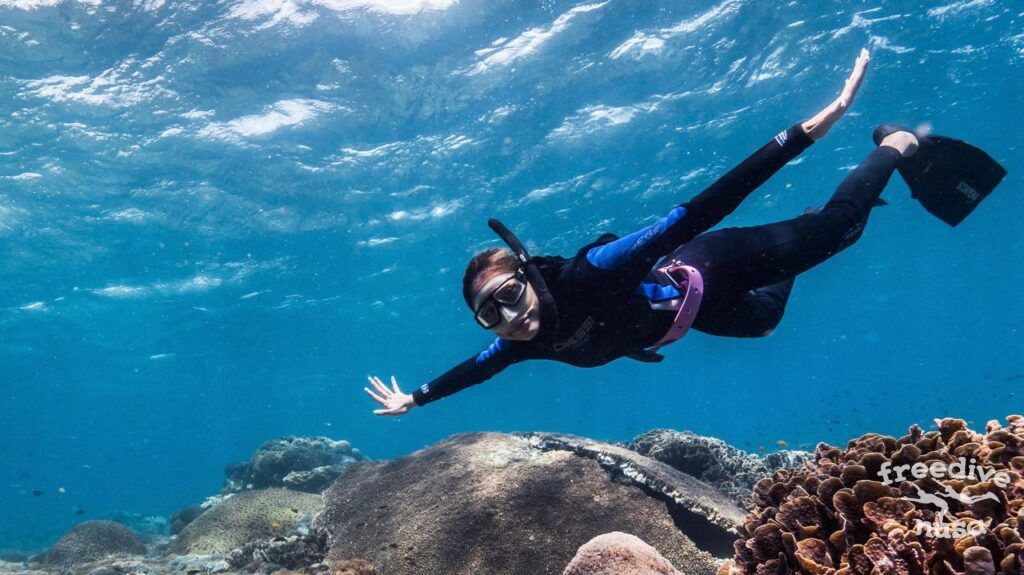
The Basics: Scuba Diving vs Freediving
Scuba diving relies on specialized equipment, such as tanks of compressed air, regulators, and buoyancy control devices, allowing divers to stay submerged for extended periods. Freediving, on the other hand, is a minimalist sport where divers rely solely on their breath-holding abilities, diving without tanks or extensive gear. While scuba diving focuses on exploration and observation, freediving emphasizes the individual’s connection with their body and breath.
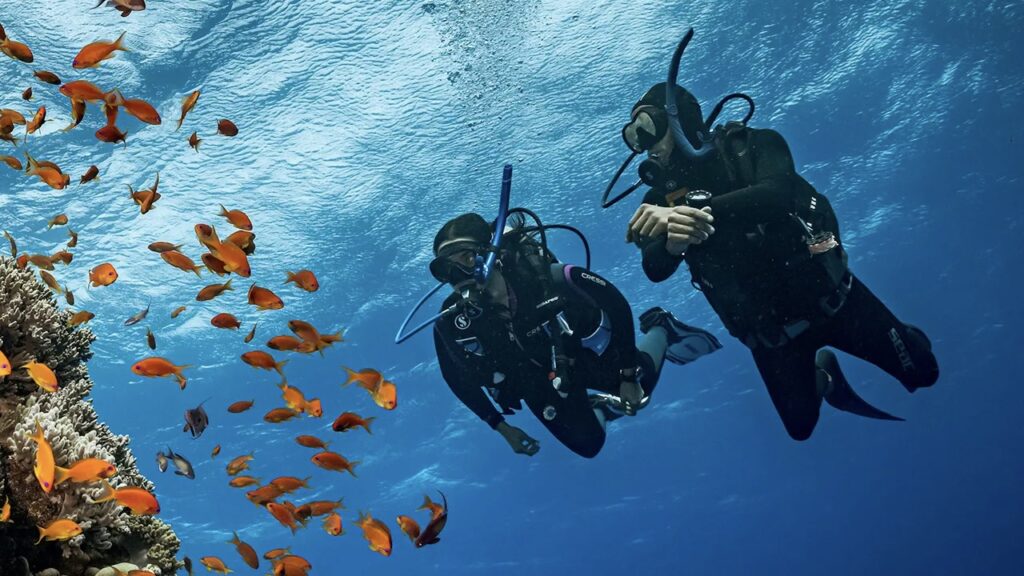
Ease of Starting
Starting scuba diving often requires significant time and patience due to the technical nature of the sport. Beginners must learn to handle equipment, manage buoyancy, and adapt to breathing underwater. Freediving, however, is considered more intuitive. With proper techniques and guidance, beginners can quickly see progress. Despite this, freediving requires a deeper understanding of one’s body and breathing, making professional instruction essential for safety and skill development.
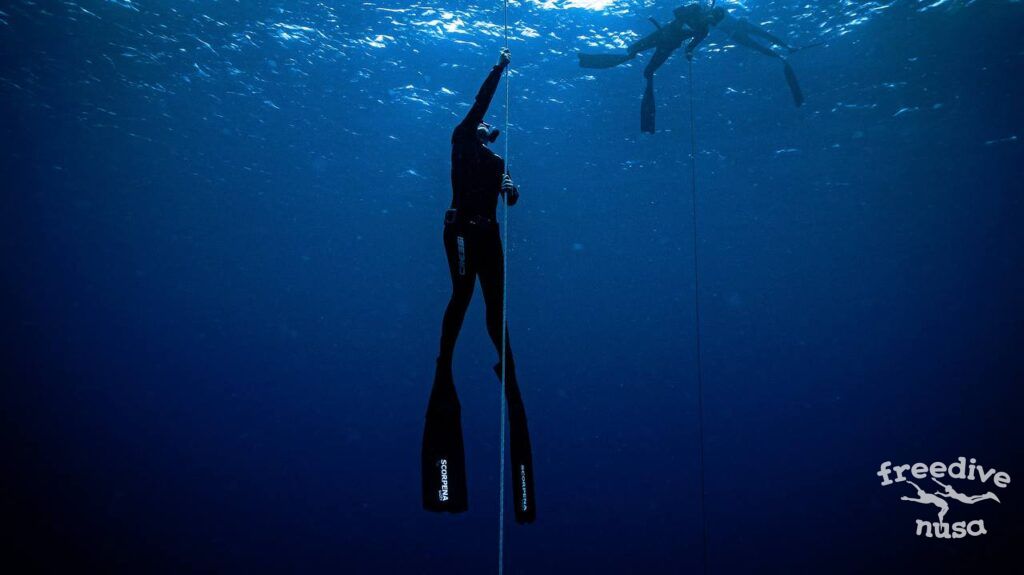
Learning to Dive or Freedive
Freediving is a discipline that demands mastery of breathing and relaxation techniques. These skills not only form the foundation of successful freediving but also provide valuable benefits for scuba divers. By learning to control their breath and manage stress, divers can experience greater relaxation and composure during underwater activities.
Freediving emphasizes self-awareness, as it requires divers to tune into their body’s signals and limits. This mindfulness can translate to better air management and a calmer approach in scuba diving scenarios. On the other hand, scuba diving introduces divers to the technical aspects of underwater exploration, such as equipment handling and buoyancy control, which are vital for longer and deeper dives.
Regardless of the chosen path, proper instruction is essential to ensure safety and steady progress. Both scuba diving and freediving benefit from professional guidance, enabling divers to build confidence, develop skills, and fully enjoy their underwater adventures.
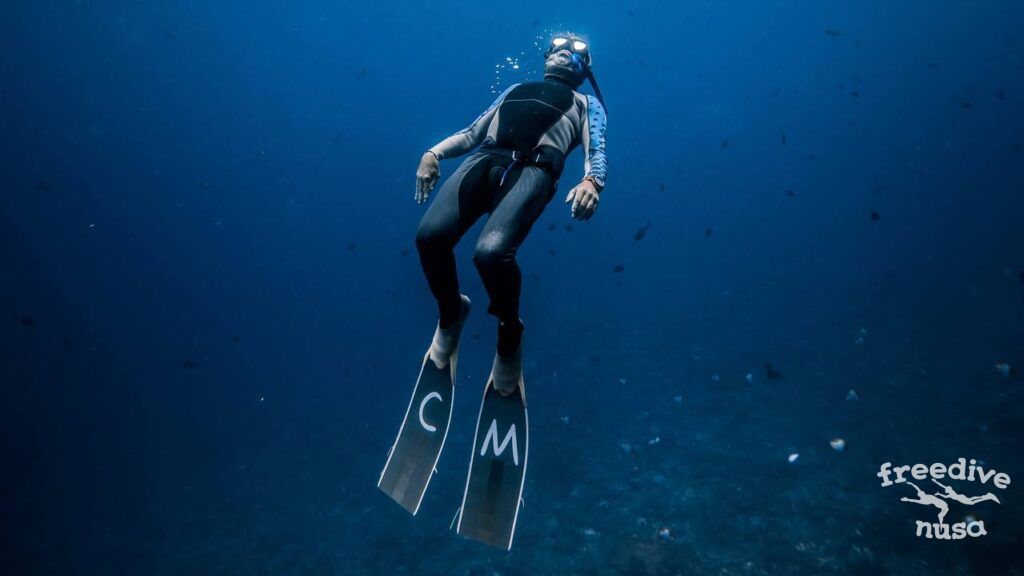
Safety and Risks
A common misconception is that freediving is inherently more dangerous than scuba diving. However, the reality is quite different. Freediving, by its very nature, involves fewer risks as it requires minimal equipment and allows divers to surface anytime they feel the need to breathe. This simplicity often results in a greater sense of control and reduced chances of complications.
In contrast, scuba diving relies heavily on specialized equipment, such as tanks, regulators, and buoyancy control devices. While these tools enable longer dives and greater exploration, they also introduce potential points of failure. Equipment malfunctions, such as a regulator issue or an air supply problem, can lead to challenging situations that are harder to resolve underwater.
Freediving emphasizes self-reliance and awareness of one’s physical limits, reducing the likelihood of overexertion or accidents. Scuba diving, although safe when protocols are followed, requires more vigilance regarding equipment maintenance and adherence to depth and time limits. Both sports employ the buddy system, but the risks and required safety measures differ significantly.
Ultimately, with proper training and adherence to safety guidelines, both freediving and scuba diving can be enjoyed safely, allowing participants to focus on the wonders of the underwater world.
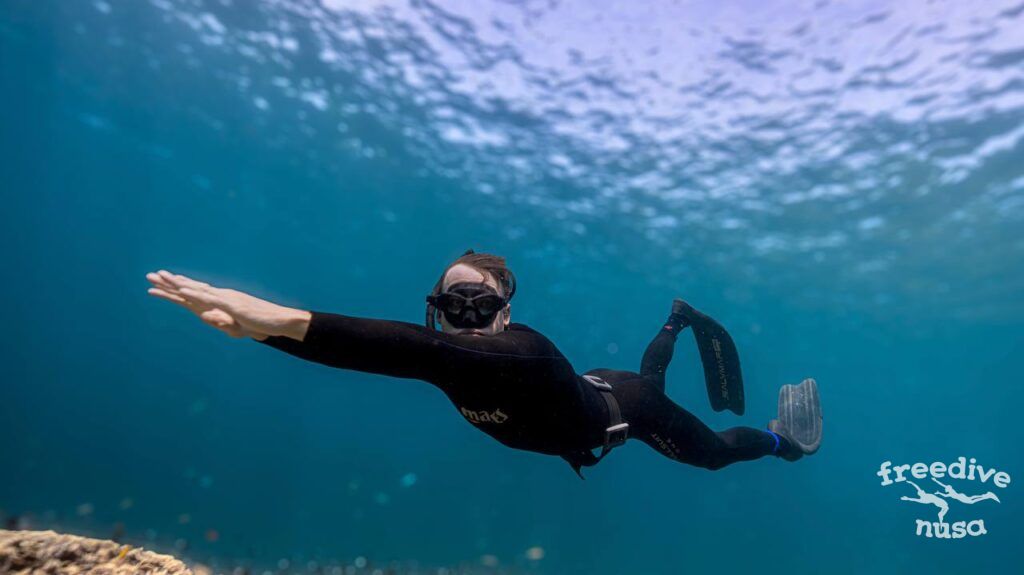
Comparing the Joys of Each Activity
The experience of scuba diving is often described as visual and exploratory, focusing on the vibrant marine life and underwater landscapes. Freediving, however, is more introspective. While scuba diving offers longer dives and the ability to explore vast areas, freediving provides an intense, meditative connection with the underwater environment. Many freedivers descend with their eyes closed, concentrating solely on their body.
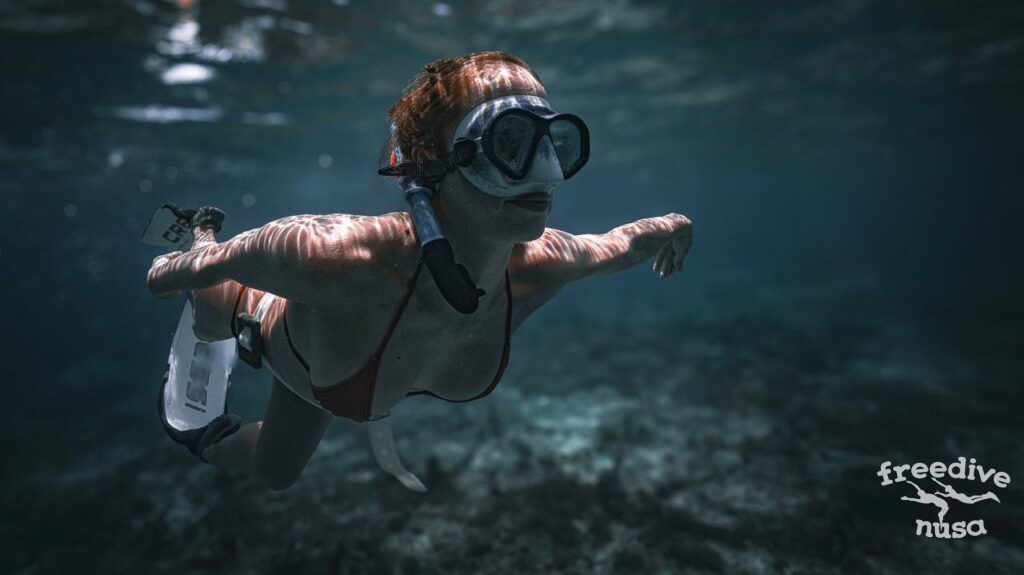
How Scuba and Freediving Complement Each Other
Scuba diving and freediving, though distinct, complement each other in ways that enhance overall diving skills. Freediving trains divers to control their breathing, promoting efficient air consumption and relaxation techniques that can make scuba dives more enjoyable and less stressful.
Freedivers also develop a heightened awareness of their body and movements, leading to more efficient underwater motion. This minimizes energy expenditure and reduces disturbances to marine life, creating a more harmonious diving experience. Additionally, the mental discipline and focus cultivated through freediving translate well into scuba diving, especially in handling unexpected situations or challenging environments.
For scuba divers, incorporating freediving skills often leads to a deeper connection with the underwater world and a renewed appreciation for their dives. By blending the strengths of both disciplines, divers can achieve a comprehensive set of skills that enriches every underwater adventure.
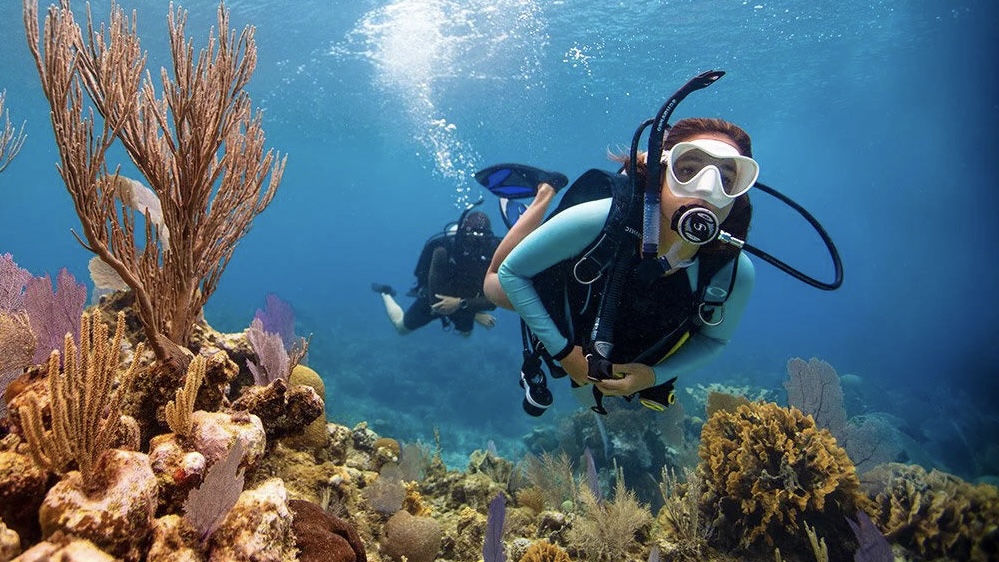
Why Freediving Captures Hearts and Minds?
Many individuals are drawn to freediving out of curiosity or the desire to enhance their underwater experience. Freediving offers a sense of freedom and personal challenge, as it eliminates dependence on external equipment. Also, it often promotes a healthier lifestyle, as it demands physical fitness, mental clarity, and controlled breathing. It’s not just a sport but a way of life, encouraging mindfulness and self-awareness.
Scuba Diving, Freediving, or Both?
Both scuba diving and freediving have their own unique appeal. Scuba diving is ideal for those who wish to explore underwater worlds with minimal physical strain, while freediving attracts individuals looking for personal challenges and a deeper connection to themselves.
For those undecided, trying both can provide a well-rounded perspective on underwater exploration. Each sport offers its own rewards and challenges, making it possible to enjoy the best of both worlds.
Ultimately, whether you choose scuba diving, freediving, or both, the underwater world awaits with its endless wonders and unforgettable experiences.
